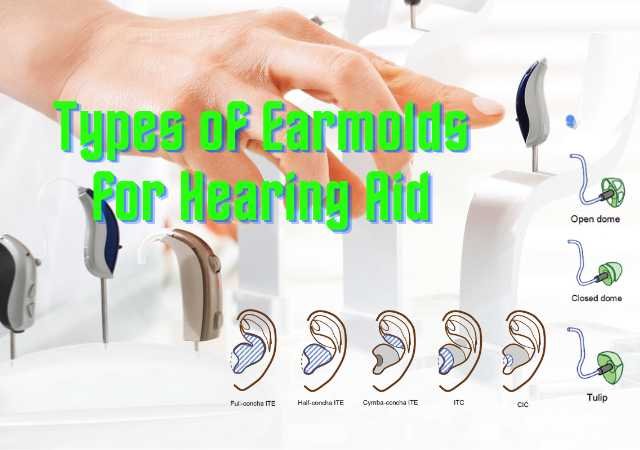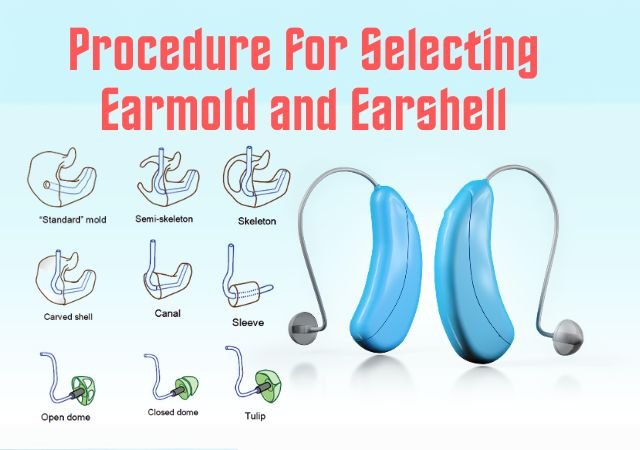Professional Code of Ethics – ISHA: A written set of guidelines issued by an organization to its workers and management to help them conduct their actions in accordance with its primary values and standards.
Need of Ethics
- To define expected and unaccepted behavior
- To promote a high standard of practice
- Deciding our course of action
- To establish a frame work for professional behavior and responsibility.
CODE OF ETHICS
PREAMBLE
The profession of Speech-Language and Hearing is a growing field and it is the responsibility of all the members to safeguard the professional interest in common against unethical practices. The preservation of the highest standard of integrity and ethical principles is essential to be streamlined for and in order to constitute responsibilities in common to all the members.
Any act of violation of this Code of Ethics shall be considered unscrupulous. It is the responsibility of the member to bring it to the notice of the Association or the Committee on Educational Standards and Ethics and Chairperson-Professional Matters of the instances of violation of the principles incorporated in the Code of Ethics below.
SECTION A
a) The welfare of the people to whom the profession is serving, be considered of paramount importance:
b) The member who engages in the professional work must possess appropriate qualifications.
c) The member must not provide services for which he has not been properly trained/qualified.
d) The member who has not completed his professional qualifications must not provide professional services except in the supervised clinical practical situation as part of the training program.
e) The member must not accept any remuneration for providing service until the necessary coursework and clinical practical work is completed.
f) The member must not accept private practice when his employer forbids it.
g) A member who holds a part-time appointment in a free clinic must not direct the cases to their private clinics.
h) The member must follow acceptable patterns of professional conduct in their relations with the persons to whom the profession is serving.
i) The member must serve each case to the best of his ability irrespective of who the case is, or how much a case can or will pay for the services.
j) The member must not guarantee the results of any speech-language and hearing consultative of therapeutic procedure. A guarantee of any sort expressed or implied; oral or written is contrary to professional ethics. A reasonable statement of prognosis be made, but successful results are dependent upon many uninhibited factors, Hence, any guarantee of any sort is deceptive and unethical.
k) Any confidential information regarding a case must not be revealed to any unauthorized individuals without the prior permission of the case.
l) Cases should not be discussed in the presence of others except in the interest of the case.
m) The member must take prior written consent from the case before the case is subjected to any research study. The member should explain the case‟ ‘s inclusion in to the study and shall explain all the consequences if any without hiding any facts. If the case does not agree with the study, he/she should not be deprived of any services otherwise would have been given and shall not be discriminated against in any manner. The case has the right to drop out of the study at any time and in that event he/she shall not be deprived of any services.
n) The member must not indulge in any wrong act with the cases in the name of treatment. To avoid possible misunderstanding and
misinterpretations, the testing or therapy should be carried out in the presence of parents or their (case’s) guardians.
o) The member should not deprive any case of his service based on caste, creed, religion, literacy, geographical or socio-economic status.
SECTION B
The member must not exploit cases:
a) by accepting them for treatment unnecessarily for monetary benefit and where improvement cannot be reasonably expected to accrue;
b) by prolonging the treatment unreasonably for monetary benefit;
c) by giving false hopes;
d) by giving devices without full satisfaction and acceptance of the case.
e) The member must use every resource available including referral to other specialists before preparing a comprehensive rehabilitative program for the cases.
f) The member must take every precaution to avoid injury to the persons who are being served professionally.
SECTION C
The obligations owed by the member to other professional colleagues are many:
a) The profession of Speech-Language and Hearing calls for professional interaction with different specialties and hence the member is expected to maintain a high professional status.
b) The member should establish a harmonious relationship with others.
c) The member should seek free professional discussion of all theoretical and practical issues, but avoid personal vindictive directed towards professional colleagues or members of the allied profession.
SECTION D
Member of ISHA has other responsibilities:
a) The member must not use the name(s) of the association(s), like MISHA, MASHA, etc., along with professional qualifications as the public may mistake it for higher qualification. If needed the same may be written with elaboration or by specifically mentioning “Member of ……………… (Organization)”.
b) The practicing clinician must not act as a dealer for a particular product and thrust the same on the cases when options are
available. The clientele must have the option to select the product of their choice, which gives them the best satisfaction.
c) The clinicians in practice must not indulge in unhealthy competitive advertisements. If they are the recipient of any awards of the association or awards given by business establishments, they shall not use the names of these awards to promote their practice or for advertisements. They shall indicate on their business cards the name, qualification, address, type of service being offered,
telephone numbers, and the ISHA life membership number. They shall give location in the classified section of the telephone directory in the manner customarily followed by physicians and attorneys. The name of the Association shall not be used in such advertisement.
d) The member must not engage in commercial activities that conflict with the responsibilities of the persons being served professionally or to their colleagues.
e) The member must not permit the professional titles or accomplishments to be used in the sale or promotion of any product
related to the professional.
f) A member employed by a manufacturer or a Publisher shall adhere to the ethics of their organization and shall not be in conflict with the objectives of the Association.
g) When differences of opinion exist between members, that should be sorted out at their personal level and should not be used as a weapon against each other during meetings, conventions, or professional discussions.
h) The member should keep the highest professional dignity and integrity in mind whenever any issue concerning the field is
discussed.
i) The member should help in the education of the public regarding Speech and language. Hearing, Swallowing Vestibular/balance
problems, and other matters lie within the professional competence.
j) The Member should be dedicated to Professional Standards, and shall in the community be responsible to Patients, People,
Professional Colleague, Employer.
References:
- Indian Speech and Hearing Association (ISHA)
You are reading about:
Professional Code of Ethics – ISHA







0 Comments